
Game consoles are specialized electronic devices designed to play video games. They typically consist of a central processing unit, a graphical display output, and controllers for player interaction. The evolution of game consoles can be traced back to the early 1970s, beginning with rudimentary systems like the Magnavox Odyssey, which laid the foundation for home gaming. Over the decades, consoles have undergone significant transformations, marked by several generations of hardware.
| Rank | Name | Developer | Manufacturers | Release Date | Product Family | Units Sold | |
|---|---|---|---|---|---|---|---|
| 1 | 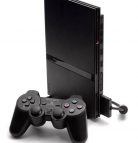 | Sony Computer Entertainment | Sony Electronics, Foxconn | March 4, 2000 | PlayStation | 158 million units | |
| 2 | 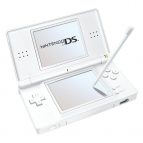 | Nintendo | Foxconn | November 21, 2004 | Nintendo DS | 154.02 million units | |
| 3 | 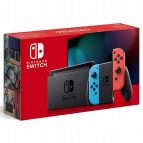 | Nintendo PTD | Foxconn, Hosiden | March 3, 2017 | Nintendo Switch | 137.72 million units | |
| 4 | 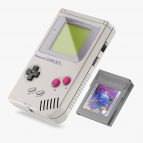 | Nintendo R&D1 | Nintendo | April 21, 1989 | Game Boy | 118.69 million units | |
| 5 | 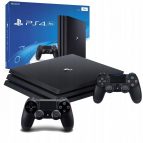 | Sony Interactive Entertainment | Sony Electronics, Foxconn | November 15, 2013 | PlayStation | 117.16 million units | |
| 6 | 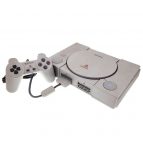 | Sony Computer Entertainment | Sony Electronics | December 3, 1994 | PlayStation | 102.49 million units | |
| 7 | 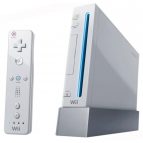 | Nintendo IRD | Foxconn | November 19, 2006 | - | 101.63 million units | |
| 8 | 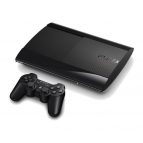 | Sony Interactive Entertainment | Sony, Foxconn, Asus | November 11, 2006 | PlayStation | 87.4 million units | |
| 9 | 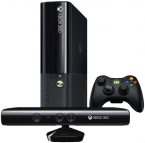 | Microsoft | Flextronics, Wistron, Celestica, Foxconn | November 22, 2005 | Xbox | 85.73 million units | |
| 10 | 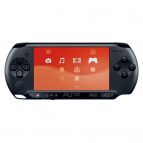 | Sony Computer Entertainment | Sony Electronics | December 12, 2004 | PlayStation | 82.52 million units |
In recent years, consoles have continued to evolve, with the latest generation incorporating advanced technologies like 4K resolution, virtual reality, and cloud gaming. These innovations have not only enhanced the gaming experience but also broadened the appeal of gaming to a wider audience.
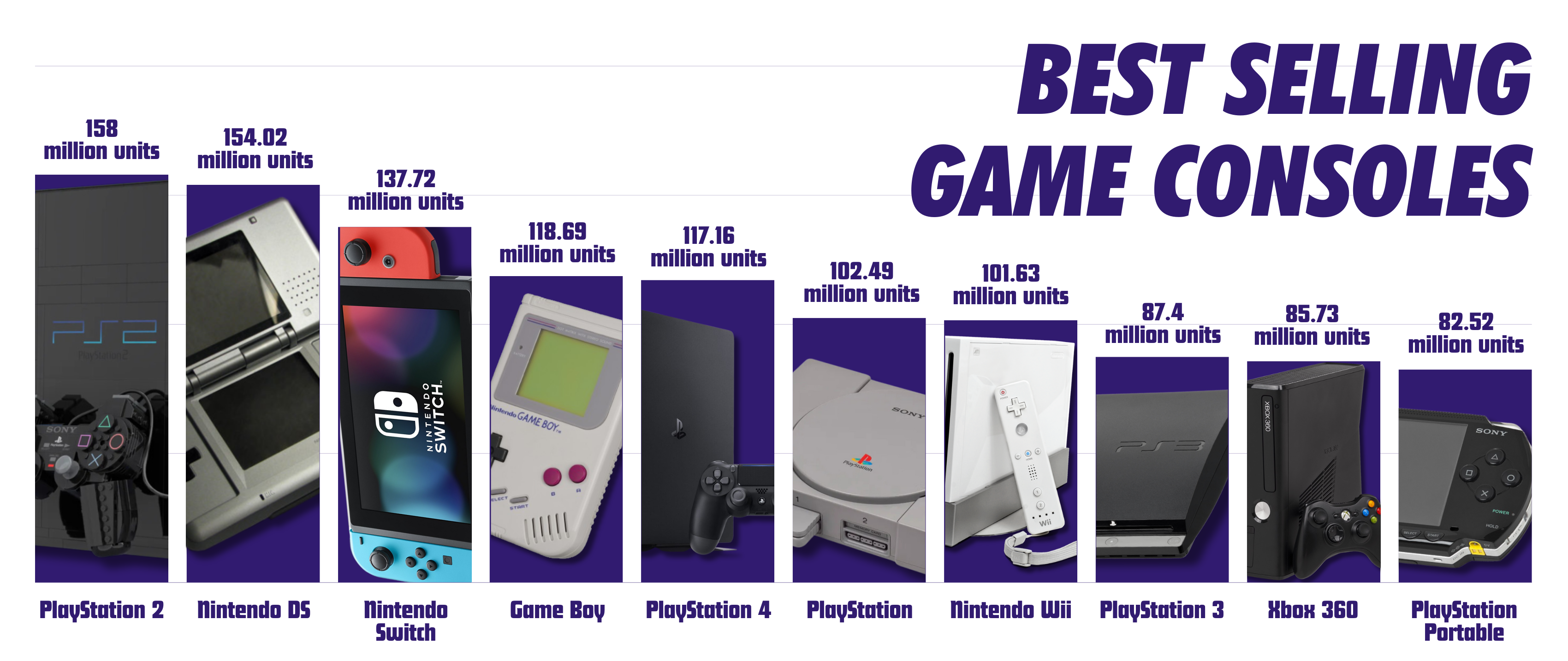
Best Selling Game Consoles
1.PlayStation 2
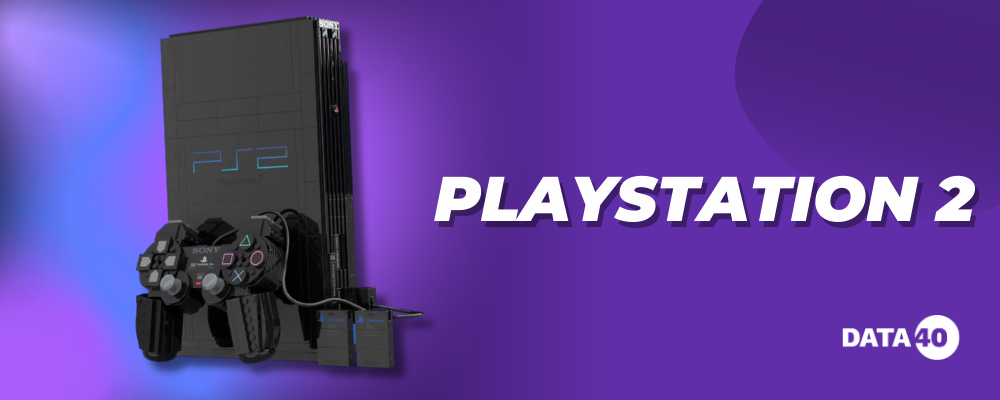
Release Date: March 4, 2000 (Japan), October 26, 2000 (North America), November 24, 2000 (Europe)
Developer: Sony Computer Entertainment
With over 158 million units sold worldwide, the PlayStation 2 (PS2) holds the title of the best-selling video game console in history. It is the successor to the original PlayStation and part of the sixth generation of gaming consoles, competing against Sega’s Dreamcast, Nintendo’s GameCube, and Microsoft’s Xbox. The PS2 is known for its extensive game library, DVD playback capability, and backward compatibility with PlayStation 1 games. Its widespread success is attributed to a range of popular game titles, groundbreaking technology, and strategic marketing, establishing it as an iconic platform in the gaming industry. Beyond its impressive sales figures, the PlayStation 2’s impact on the gaming world extends through its contributions to gaming culture and technology. The console’s ability to double as a DVD player helped it become a centerpiece of home entertainment systems, broadening the appeal of video games to a wider audience. Its hardware capabilities, including advanced graphics and audio, provided developers with the tools to create immersive, complex games that pushed the boundaries of storytelling and gameplay.
2. Nintendo DS
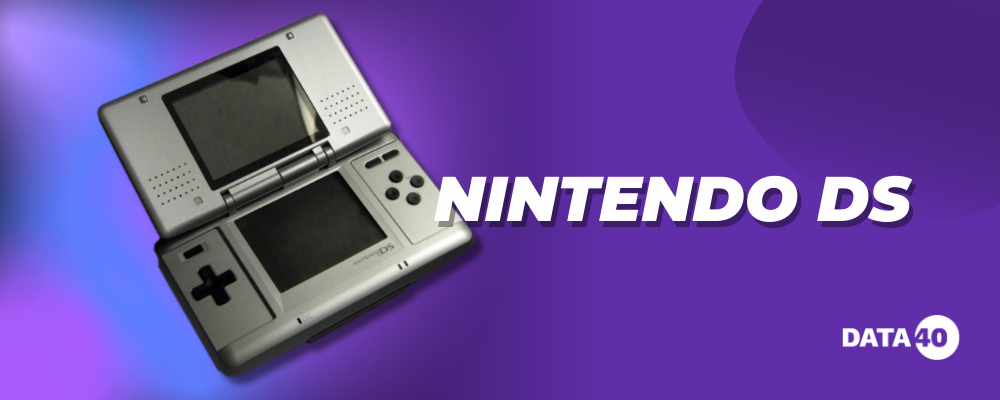
Release Date: November 21, 2004 (North America), December 2, 2004 (Japan), February 24, 2005 (Australia), March 11, 2005 (Europe)
Developer: Nintendo
The Nintendo DS, with its impressive sales of 154.02 million units worldwide, stands as one of the best-selling handheld game consoles in history. This innovative device introduced dual screens, with the bottom one being a touchscreen, a feature that revolutionized handheld gaming. Its built-in microphone and support for wireless connectivity (Wi-Fi) allowed for novel gameplay experiences and multiplayer games, both locally and online. The DS’s extensive game library, which includes titles like “New Super Mario Bros.,” “Mario Kart DS,” and “Brain Age,” catered to a broad audience, from casual to hardcore gamers. The console’s ability to play games from its predecessor, the Game Boy Advance, further enhanced its appeal. The Nintendo DS was notable for its contribution to expanding the gaming demographic, making video games accessible and enjoyable for people of all ages, thereby cementing Nintendo’s reputation as an innovator in the gaming industry.
3. Nintendo Switch
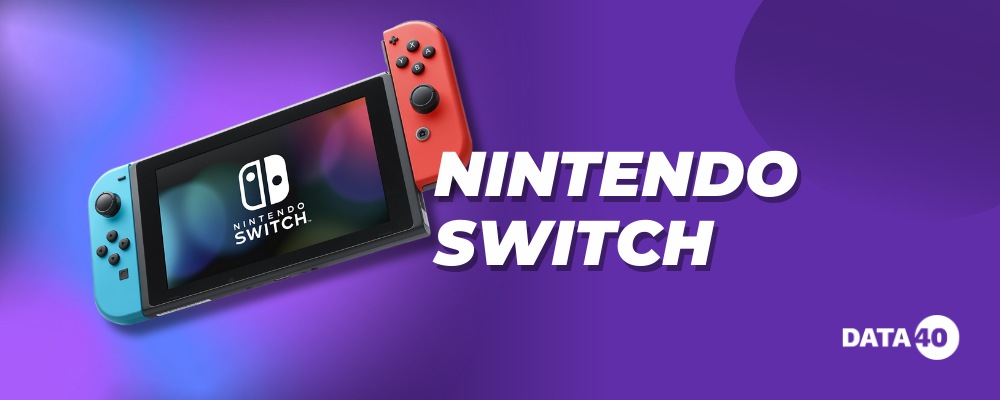
Release Date: March 3, 2017
Developer: Nintendo PTD
The Nintendo Switch, with sales reaching 137.72 million units worldwide, has rapidly become one of the most popular gaming consoles in the market. This hybrid console uniquely blends the capabilities of a traditional home console with the portability of a handheld device, allowing gamers to play their favorite titles both at home and on the go. Its innovative Joy-Con controllers can be detached and used independently for multiplayer games, or attached to the console for handheld play. The Switch’s versatile gaming modes, coupled with a strong lineup of titles including “The Legend of Zelda: Breath of the Wild,” “Super Mario Odyssey,” and “Animal Crossing: New Horizons,” have contributed to its widespread acclaim. The console has not only continued Nintendo’s legacy of innovation but has also expanded the gaming audience, appealing to both seasoned gamers and newcomers alike. The Nintendo Switch’s success is a testament to Nintendo’s enduring ability to redefine gaming paradigms and create engaging, family-friendly entertainment experiences.
4. Game Boy
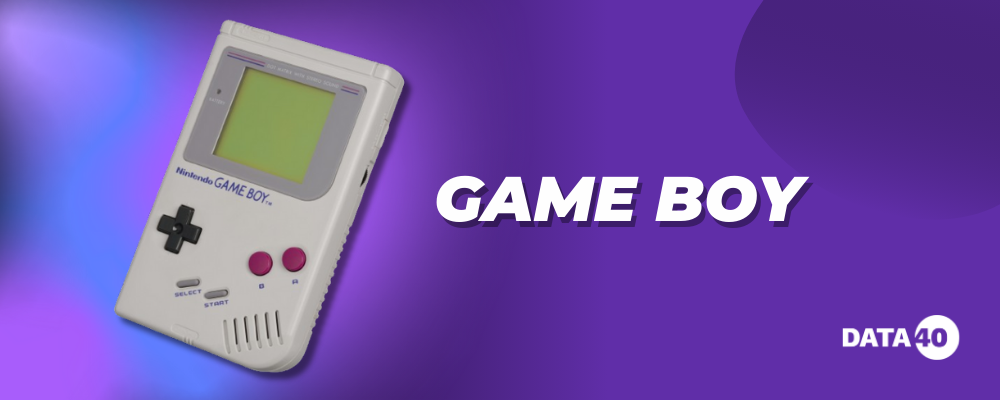
Release Date: April 21, 1989 (Japan), July 31, 1989 (North America), September 28, 1990 (Europe)
Developer: Nintendo R&D1
The Game Boy, a trailblazer in the handheld gaming market, achieved remarkable sales of 118.69 million units globally. This 8-bit portable gaming device set a new standard for gaming on the go, combining a compact form factor with long battery life, making it an instant favorite among gamers worldwide. Its monochrome screen and simple design belied a robust and diverse game library, which included iconic titles such as “Tetris,” “Pokémon Red and Blue,” and “The Legend of Zelda: Link’s Awakening.” The Game Boy’s durability, affordability, and the addictive nature of its games helped it to transcend gaming demographics, appealing to both children and adults alike. Its success laid the groundwork for future generations of handheld consoles and solidified Nintendo’s dominance in the portable gaming market. The Game Boy’s legacy is evident in its lasting popularity and the way it shaped portable gaming as a vital part of the industry.
5. PlayStation 4
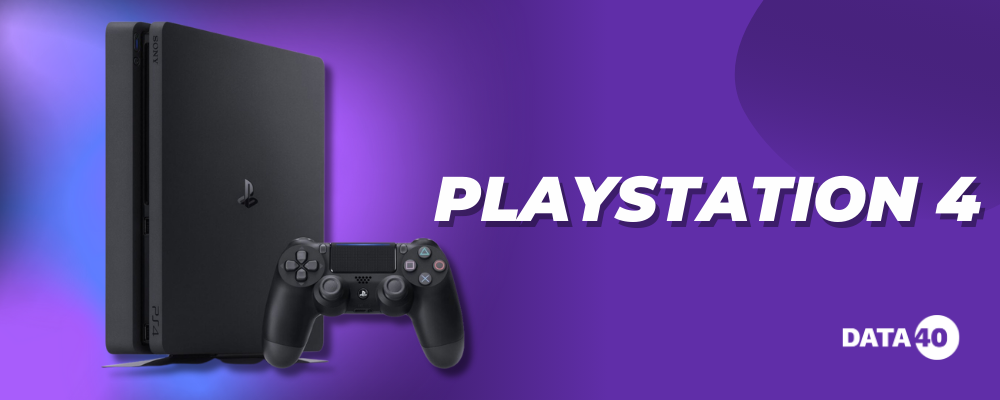
Release Date: November 15, 2013 (North America), November 29, 2013 (Europe, South America, and Australia), February 22, 2014 (Japan)
Developer: Sony Interactive Entertainment
The PlayStation 4 (PS4) has solidified its place in gaming history with sales of 117.16 million units worldwide, making it one of the best-selling home video game consoles of all time. As a part of the eighth generation of consoles, the PS4 was designed with a strong focus on social interaction and integration with other media platforms, setting new standards for connectivity and online gaming experiences. Its powerful hardware and innovative DualShock 4 controller, featuring a touchpad and motion detection, provided a highly immersive gaming experience. The PS4’s extensive and diverse game library, including critically acclaimed exclusives like “The Last of Us Part II,” “God of War,” and “Spider-Man,” played a significant role in its success. Sony’s commitment to independent developers and its VR technology further expanded the console’s appeal. The PS4’s impact extends beyond its sales figures, influencing the future of gaming with its emphasis on high-quality game development, online community building, and interactive entertainment.
6. PlayStation
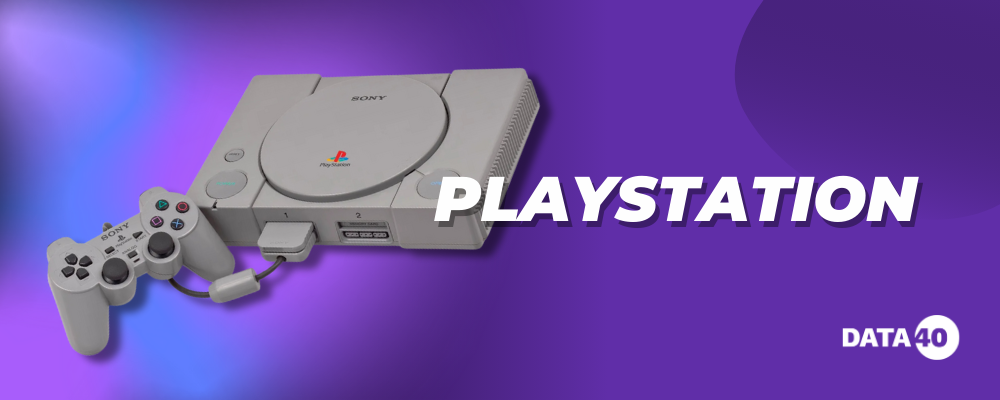
Release Date: December 3, 1994 (Japan), September 9, 1995 (North America), September 29, 1995 (Europe)
Developer: Sony Computer Entertainment
The original PlayStation, Sony’s first foray into the gaming console market, achieved an impressive milestone with sales of 102.49 million units worldwide. This groundbreaking console played a pivotal role in shaping the modern video game industry, thanks to its innovative use of CD-ROMs for game storage, which allowed for larger, more complex games with richer graphics and audio. The PlayStation boasted a diverse library of games, featuring iconic titles such as “Final Fantasy VII,” “Metal Gear Solid,” and “Gran Turismo,” which not only captivated gamers but also expanded the gaming audience. Its success helped establish Sony as a major player in the gaming industry, challenging the dominance of established companies like Nintendo and Sega. The PlayStation’s legacy includes the introduction of 3D graphics to mainstream gaming and the promotion of developer-friendly standards, which encouraged a wide range of creative and experimental game development.
7. Nintendo Wii
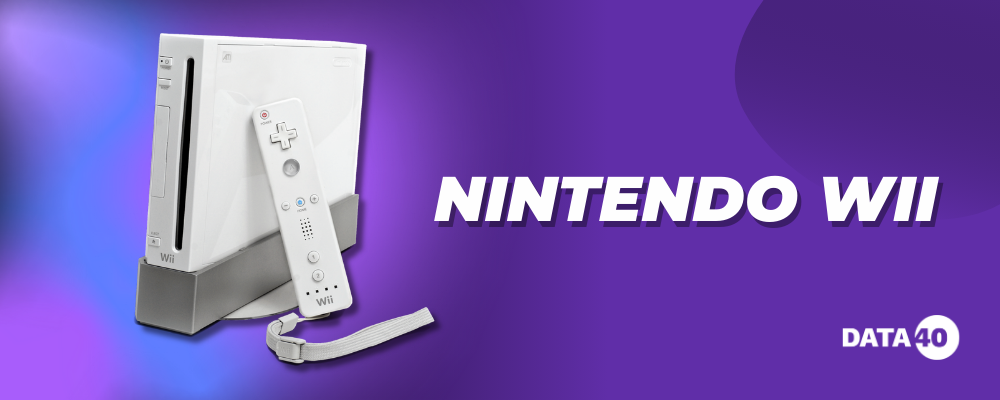
Release Date: November 19, 2006 (North America), December 2, 2006 (Japan), December 7, 2006 (Australia), December 8, 2006 (Europe)
Developer: Nintendo IRD
The Nintendo Wii reached a remarkable milestone with sales totaling 101.63 million units worldwide, making it one of the most successful home video game consoles of its time. Renowned for its innovative motion-controlled gaming, the Wii introduced the Wii Remote, a controller that transformed physical movements into on-screen actions, offering an intuitive and interactive gaming experience. This unique feature appealed to a broad demographic, from young children to the elderly, effectively expanding the gaming community beyond traditional gamers. The Wii’s library included titles like “Wii Sports,” “Mario Kart Wii,” and “The Legend of Zelda: Twilight Princess,” which were not only commercially successful but also critically acclaimed. The console’s emphasis on family-friendly and social games made it a popular choice for group entertainment, contributing to its widespread adoption in homes around the world. The Wii’s success is attributed to its ability to break down the barriers to gaming, encouraging people of all ages and skill levels to engage in video gaming as a form of entertainment and physical activity.
8. PlayStation 3
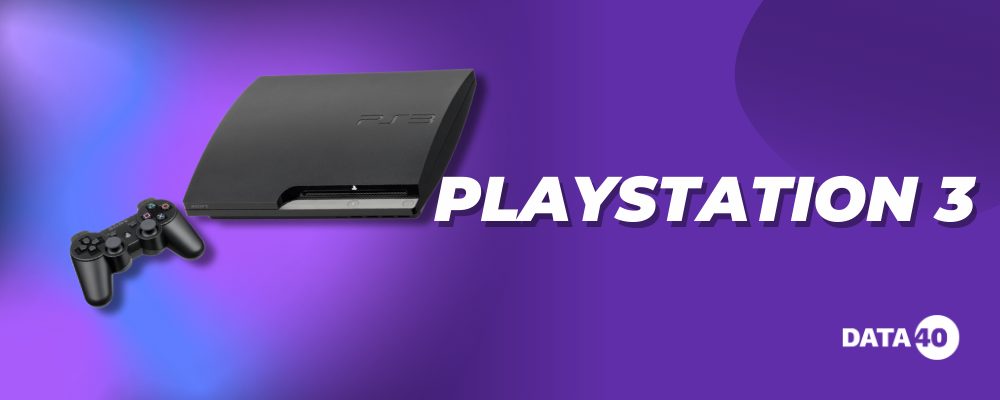
Release Date: November 11, 2006 (Japan), November 17, 2006 (North America), March 23, 2007 (Europe)
Developer: Sony Interactive Entertainment
The PlayStation 3 (PS3) achieved notable success in the gaming industry, with sales figures reaching 87.4 million units globally. As part of the seventh generation of video game consoles, the PS3 was celebrated for its powerful Cell microprocessor and its capability to play Blu-ray discs, a feature that contributed to the Blu-ray format’s eventual dominance in the HD market. The console was also notable for its robust online service, the PlayStation Network (PSN), which provided online multiplayer gaming and digital media content. The PS3’s game library included critically acclaimed titles such as “The Last of Us,” “Uncharted 2: Among Thieves,” and “Journey,” offering a wide range of gaming experiences from blockbuster action games to indie gems. Sony’s commitment to high-quality, exclusive content and the console’s role as a multi-functional entertainment device helped the PS3 to overcome its initial high price point and strong competition, cementing its place in gaming history.
9. Xbox 360
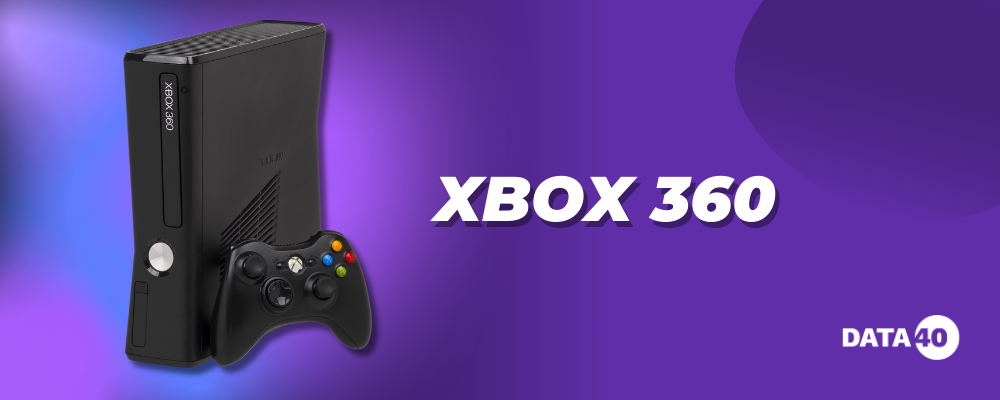
Release Date: November 22, 2005 (North America), December 2, 2005 (Europe), December 10, 2005 (Japan)
Developer: Microsoft
The Xbox 360, Microsoft’s second foray into the gaming console market, achieved substantial success with sales of 85.73 million units worldwide. As a key player in the seventh generation of consoles, the Xbox 360 was lauded for its robust online gaming service, Xbox Live, which set the standard for online multiplayer experiences. The console offered a diverse game library, including blockbuster franchises such as “Halo,” “Gears of War,” and “Forza Motorsport.” The Xbox 360 also introduced the Kinect, a motion-sensing input device that allowed players to interact with games using physical movements, broadening the appeal of video gaming to a wider audience. Microsoft’s focus on creating a comprehensive entertainment hub made the Xbox 360 a central fixture in living rooms, offering not only gaming but also streaming services, media playback, and social features. Its enduring popularity and the strong community it built around Xbox Live have left a lasting impact on the gaming industry.
10. PlayStation Portable
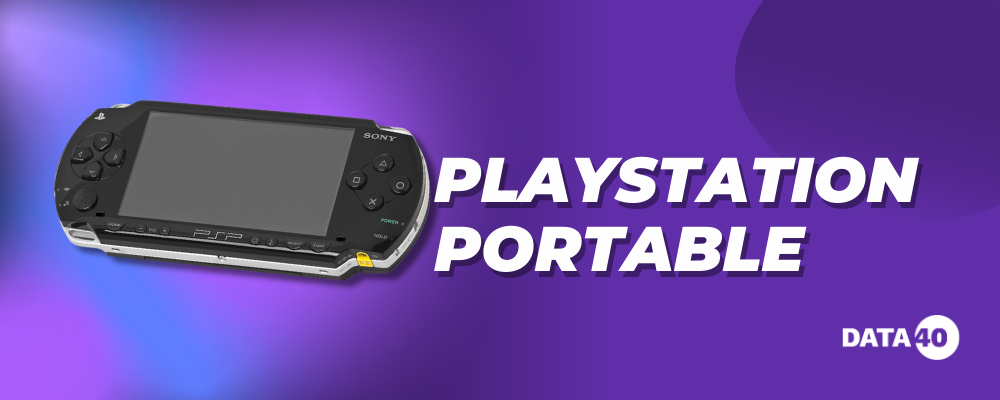
Release Date: December 12, 2004 (Japan), March 24, 2005 (North America), September 1, 2005 (Europe)
Developer: Sony Computer Entertainment
The PlayStation Portable (PSP) marked a significant milestone in handheld gaming, achieving sales of 82.52 million units worldwide. As Sony’s first venture into the handheld gaming market, the PSP was notable for its large, high-resolution screen and powerful hardware, capable of delivering graphics comparable to home consoles of its time. The device supported a wide range of multimedia functions, including video playback, music, and internet browsing, making it a versatile entertainment device. The PSP’s game library boasted a variety of titles spanning numerous genres, from action-packed games like “God of War: Chains of Olympus” to immersive RPGs like “Monster Hunter Freedom Unite.” The introduction of the UMD (Universal Media Disc) format for games and movies, alongside digital downloads via the PlayStation Network, provided users with flexible content options. The PSP’s blend of high-quality gaming and multimedia features, coupled with its sleek design, solidified its position as a major player in the portable gaming market and expanded the horizons of gaming on the go.
Titans of Play: The Legacy of the Best-Selling Game Consoles
In conclusion, the best-selling game consoles, from the pioneering PlayStation to the versatile Nintendo Switch, have significantly shaped the gaming industry and culture. Their remarkable sales reflect not only their financial success but also the profound connection they’ve established with players worldwide. These consoles have evolved beyond simple entertainment tools, becoming cultural milestones that introduced revolutionary features and set new standards in gaming. As we look ahead, the enduring legacy of these iconic consoles promises to inspire future innovations, ensuring the continued evolution and enrichment of the gaming landscape.
Considering the graphical capabilities of the PS5 and Xbox Series X, the differences in performance are often subtle and generally not noticeable in most games. Both next-gen consoles deliver enhanced graphics, which are particularly striking on a 4K TV.
Between the Xbox Series X and Series S, the Series X boasts superior graphics. Although both support 4K resolution, only the Series X offers games in native 4K, resulting in sharper and more detailed visuals.
When comparing specifications, the Xbox Series X tends to edge out the PS5. Both feature 8-core AMD CPUs, but the Xbox’s cores run at 3.8GHz, compared to 3.5GHz for the PS5. Additionally, their AMD graphics processors differ in power, with the Xbox achieving 12 teraflops and the PS5 delivering 10.28 teraflops.







